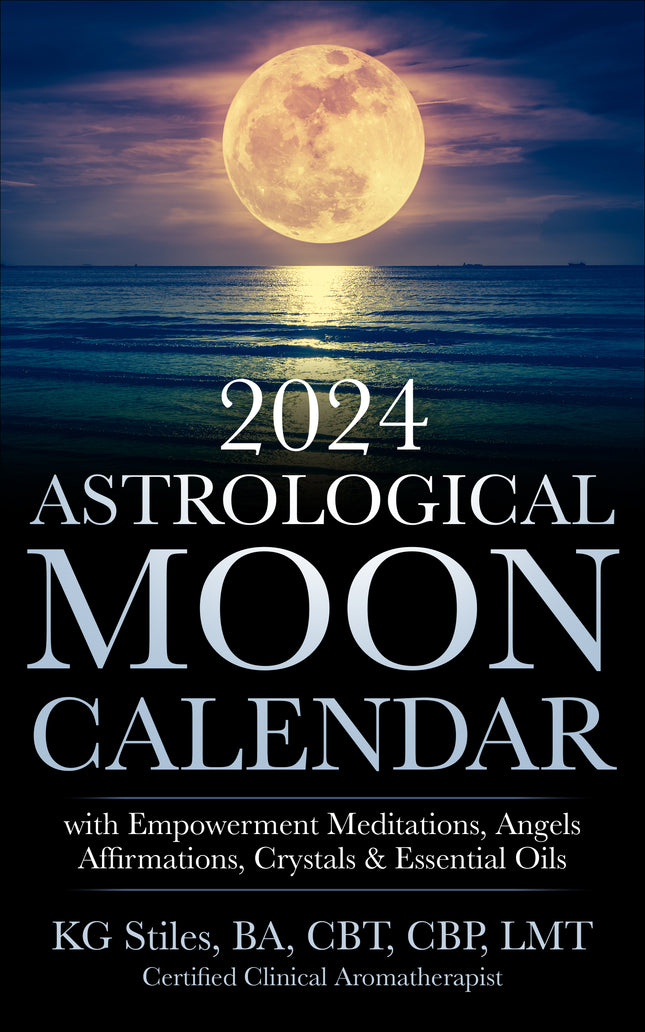 A paradigm shift in the treatment of infectious diseases is underway. New designer drugs and natural plant based pharmaceuticals are being developed. This development has been necessary to prevent antibiotics from becoming completely obsolete.
A paradigm shift in the treatment of infectious diseases is underway. New designer drugs and natural plant based pharmaceuticals are being developed. This development has been necessary to prevent antibiotics from becoming completely obsolete.
Medicine has now entered the post modern age; what is being called the Anthropocene epoch. The Anthropocene age is the period of time during which human activity has become the dominant influence on climate and the environment.
Under the current environmental pressures the discovery of appropriate alternatives to antibiotics has become of paramount importance. Traditional allopathic medicine is already incorporating several non-antibiotic approaches to the treatment and prevention of infection. Some of the non-antibiotic alternatives include:
- Probiotics - live bacteria and yeasts that are good for you, especially your digestive system. Your body is full of both ‘good’ and ‘bad’ bacteria. Probiotics are often referred to as "good" or "helpful" kind of bacteria because they help your gut stay balanced and healthy.
- Phage therapy - the use of bacterial viruses to combat populations of nuisance or pathogenic bacteria.
- Phytomedicines - herbal or plant based medicines, including essential oils.
Alternative therapies are viewed favorably by many patients often because they are not being helped by conventional treatments. There is also a perception that alternative natural therapies have fewer harmful side effects. Many patients report significant improvement when taking complementary and alternative medicines. Unfortunately, until very recent years, the conventional established medical profession has been slow to adopt alternative ‘nature based’ therapies.
We’ve entered the ‘post antibiotic era’ when alternative solutions to treat infections has become absolutely crucial for our survival as a species. In 2013 the Alliance for Aging Research released results of studies showing that 1.7 million Americans develop hospital-acquired infections (HAI) each year, and 99,000 die of HAIs annually. Three-fourths of the infections start in nursing homes and doctors' offices. The economic burden to the U.S. is estimated as high as $45 billion per year.
A 2018 study estimated that about 33000 people die annually as a direct consequence of an infection due to bacteria resistant to antibiotics and that the burden of these infections is comparable to that of influenza, tuberculosis and HIV/AIDS combined.
Why antibiotics are fast becoming obsolete?
Antibiotic resistance occurs when bacteria adapt and evolve to withstand the threat of death by an antibiotic. The problem is that bacteria are able to grow and change faster than new antibiotics can be developed to eliminate them. Consequently the effectiveness of drugs, chemicals, or other agents designed to cure or prevent infections becomes rapidly obsolete.
News at Medical Life Sciences puts it simply, “The problem with current treatments is that they are made of single compounds which MRSA relatively quickly becomes resistant to, so treatment is only successful in around 50% of cases.” The report also tells us, “The reason essential oils are so effective is because they are made up of a complex mixture of chemical compounds which the MRSA and other super bug bacteria finds difficult to resist.”
However, the researchers are having a problem finding funding to support their research as, “Essential oils cannot be patented as they are naturally occurring, so few drug companies are interested in our work as they do not see it as commercially viable.” The scientists heading this crucial research found this situation to be, “Very frustrating as we believe our findings could help to stamp out MRSA and save lives.”
Scientists attribute, ‘Non-essential use’ of antibiotics as greatly contributing to the evolution of bacterial resistance.
- Use of antibiotic to treat animal and plant diseases.
- Antibiotic use to increase food-animal growth rates.
- Excessive and improper use of antibiotics to treat human diseases.
What is MRSA?
Methicillin-resistant Staphylococcus aureus (aka MRSA) is a bacterium that can cause infections throughout the body. It is much tougher to treat than other strains of staphylococcus aureus, or staph for short, because it has become resistant to the most commonly used antibiotics.
Why is MRSA so dangerous?
Left untreated a MRSA infection can become severe enough to cause sepsis which is your body’s extreme response to an infection. Sepsis can result in death. Recently, my Aunt Jane contracted MRSA when hospitalized for back surgery. She developed sepsis and died suddenly and unexpectedly.
Find out how the Center for Disease Control is currently engaged in surveillance of MRSA.
6 Essential Oils Research Shows Effective for Treating MRSA
1 - CINNAMON LEAF (Cinnamomum zeylanicum)
Studies showed the chemical content, (E)-cinnamaldehyde (an aldehyde), contained in Cinnamon oil inhibits growth of Gram-positive and Gram-negative bacteria. In addition, they inhibit the formation of biofilms, which are directly related to infections. The most susceptible biofilms were P. aeruginosa and E. coli microorganisms. The study concluded, "Essential oils containing cinnamaldehyde may be considered as possible sources for the development of new antimicrobial agents and may be used in synergy with currently available synthetic antibiotics or antimicrobials.”
Another study evaluated the antibacterial activity of Cinnamon essential oil, alone and in combination with some classical antibiotics, against three multidrug-resistant bacteria, Escherichia coli, Staphylococcus aureus, and Pseudomonas aeruginosa, to search a possible synergy. The present study reported that the combinations between cinnamon oil and some classical antibiotics had synergistic and additive interactions against multidrug-resistant bacteria. The study concluded, "These combinations can be used as an alternative therapeutic application, which could decrease the minimum effective dose of the drugs, thus reducing their possible adverse effects and the costs of treatment.”
2 - MANUKA (Leptospermum scoparium)
A study was conducted on using Manuka against infectious and inflammatory microorganisms, including nosocomial infections, those that have been caught in a hospital and potentially caused by organisms that are resistant to antibiotics, such as Methicillin-resistant Staphylococcus aureus (MRSA). Developing effective agents for treating these types of illnesses is critical and has fueled the recent explosion in essential oil research. Manuka essential oil was evaluated for use in treating diseases and inflammation caused by these microorganism infections. Studies reported in the Journal of Microbiology concluded that a gargle or mouthwash containing Manuka essential oil could delay development of mucositis (inflammation of the body's intestinal mucous membranes) and reduce associated health problems.
3 - MYRRH (Commiphora myrrha)
In this study, anti-biofilm screening of 83 essential oils showed that myrrh oil markedly inhibited S. aureus biofilm formation. Furthermore, a concentration below 0.005 % almost completely abolished the hemolytic activity of S. aureus. In other words, Myrrh oil stopped S. aureus from destroying red blood cells. This study is one of the most extensive on anti-virulence screening done to date using diverse essential oils and provides comprehensive data on the subject. This finding implies other beneficial effects of essential oils and suggests that myrrh, as well as the other essential oils studied, have potential use as anti-virulence strategies against persistent S. aureus infections.
4 - SWEET ORANGE (Citrus sinensis)
This study demonstrated the anti-staphylococcal effects of sweet orange oil, i.e. inhibition and bactericidal effects on MRSA.
5 - OREGANO (Origanum vulgare)
One researcher at Biolaya Organics reported that, ”Himalayan oregano oil kills MRSA at dilution's of less than 1 to 1000 and the antimicrobial properties, unlike most conventional antibacterial agents, are not affected by heat treatment."
Scientists already knew that Mediterranean oregano oil was a powerful antimicrobial because of an essential compound it contains called carvacrol. Further tests showed that the Himalayan oregano oil was more effective at killing MRSA than 18 antibiotics.
6 - TEA TREE (Melaleuca alternifolia)
Laboratory studies published in the Journal of Infection Control reported that melaleuca alternifolia oil (tea tree oil) showed promising results in treating MRSA infections. The study cited that, “Staphylococcus aureus, both methicillin-resistant and -sensitive, are of great and growing concern in their ability to cause difficult skin and underlying tissue infections.”








Leave a comment